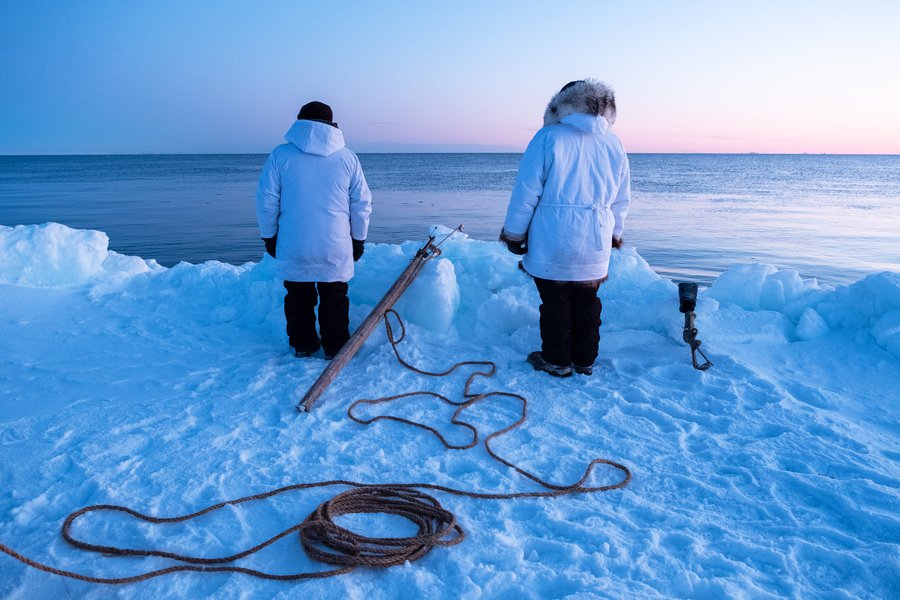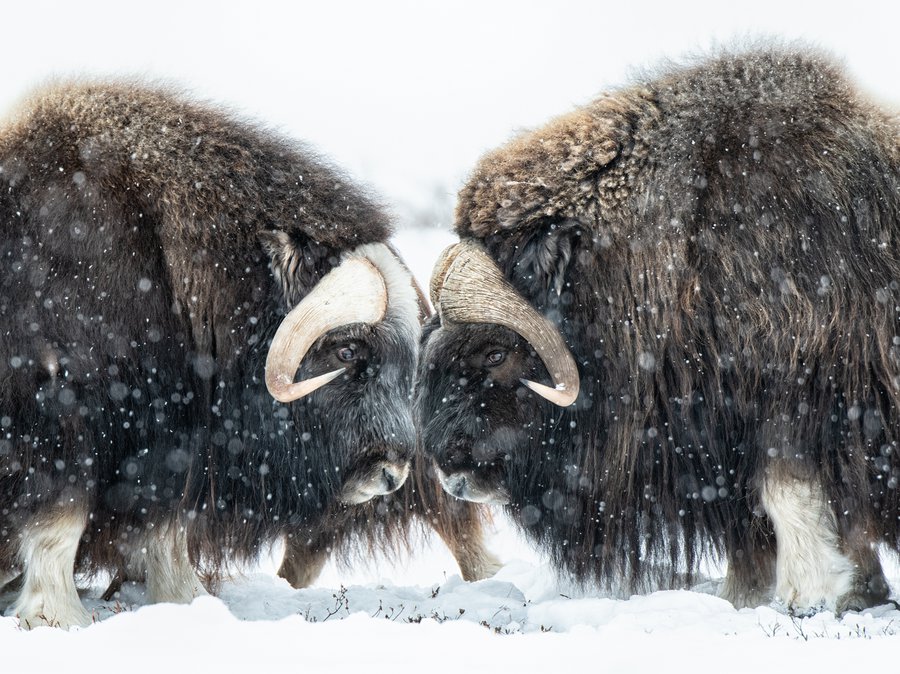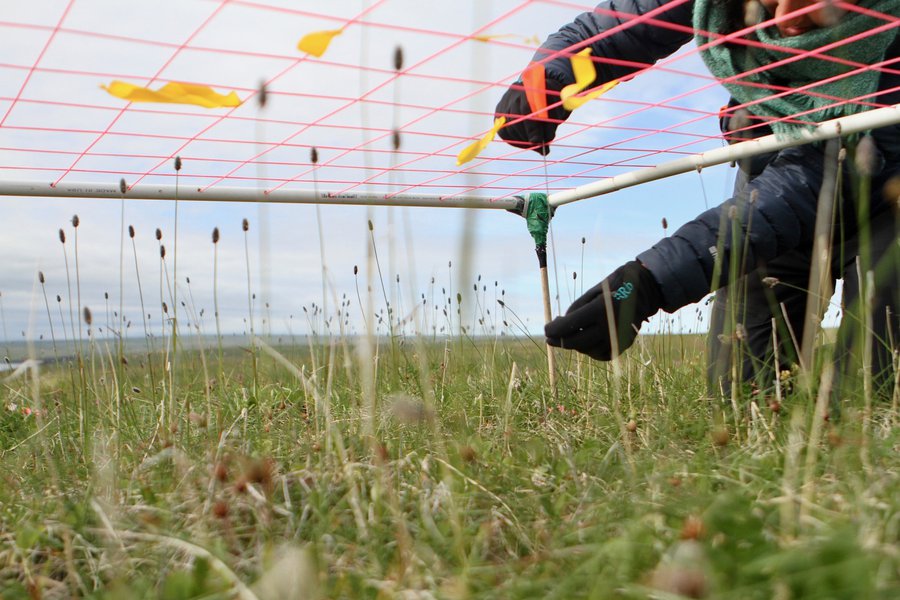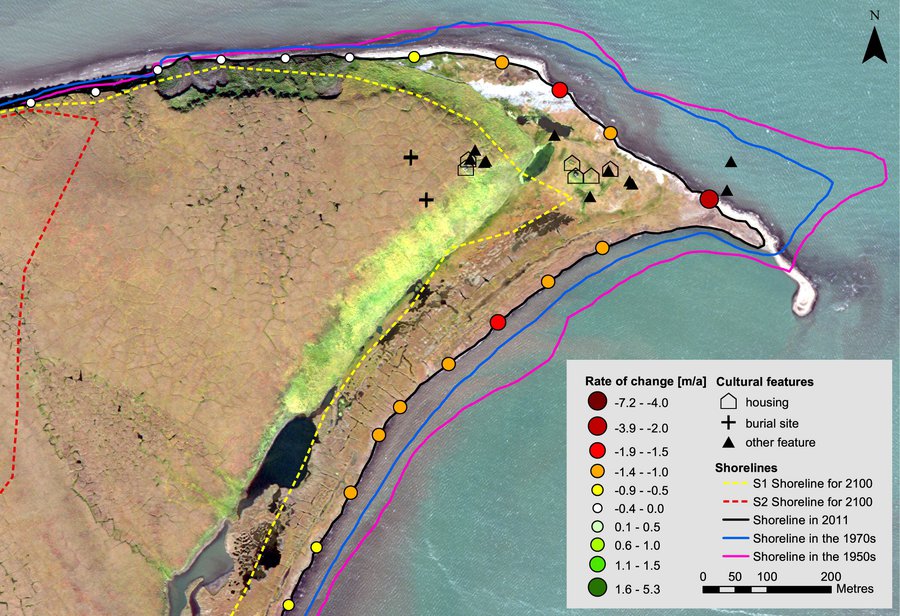Research Highlights
From song birds soundscapes to shoreline sedimentation, the Yukon North Slope is a hot bed for cutting edge and interconnected research. As our knowledge of this special place expands, we aim to share key projects and finding here. While this is not a comprehensive database of Yukon North Slope research, we hope that communicating findings from diverse fields will sparks collaboration and cross-pollination. If you are a researcher with results to share, please get in touch!
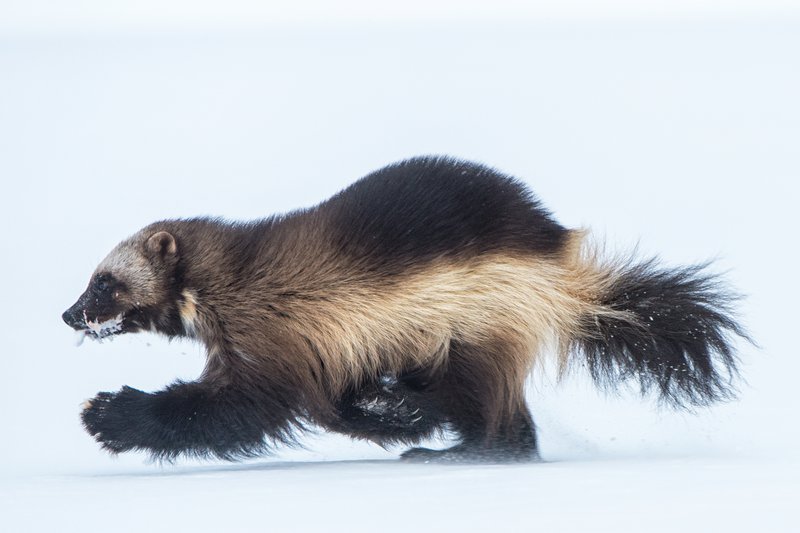
In addition to collaborating with the academic research community, part of the Council's mandate includes the review of research proposals from partner governments (Government of Canada and Government of Yukon). The Council considers these proposals every fall and then works with the Aklavik Hunters and Trappers Committee to recommend, adjust, or decline submitted projects. Those that have been recommended in recent years include:
- Assessing the effects of climate-induced variability on the behaviour, distribution and demography of the Porcupine caribou herd (CWS/Parks Canada/Yukon Government)
- Yukon North Slope Muskox Survey and Research (Yukon Government)
- Polar Bear Population Estimate (Yukon Government)
- Wildlife monitoring and Inuvialuit student internship on Herschel Island-Qikiqtaruk Territorial Park (Yukon Government)
- Investigating Observed Declines in Song Bird Abundance and Species Richness within Ivvavik National Park using Autonomous Sound Recorders (Parks Canada)

